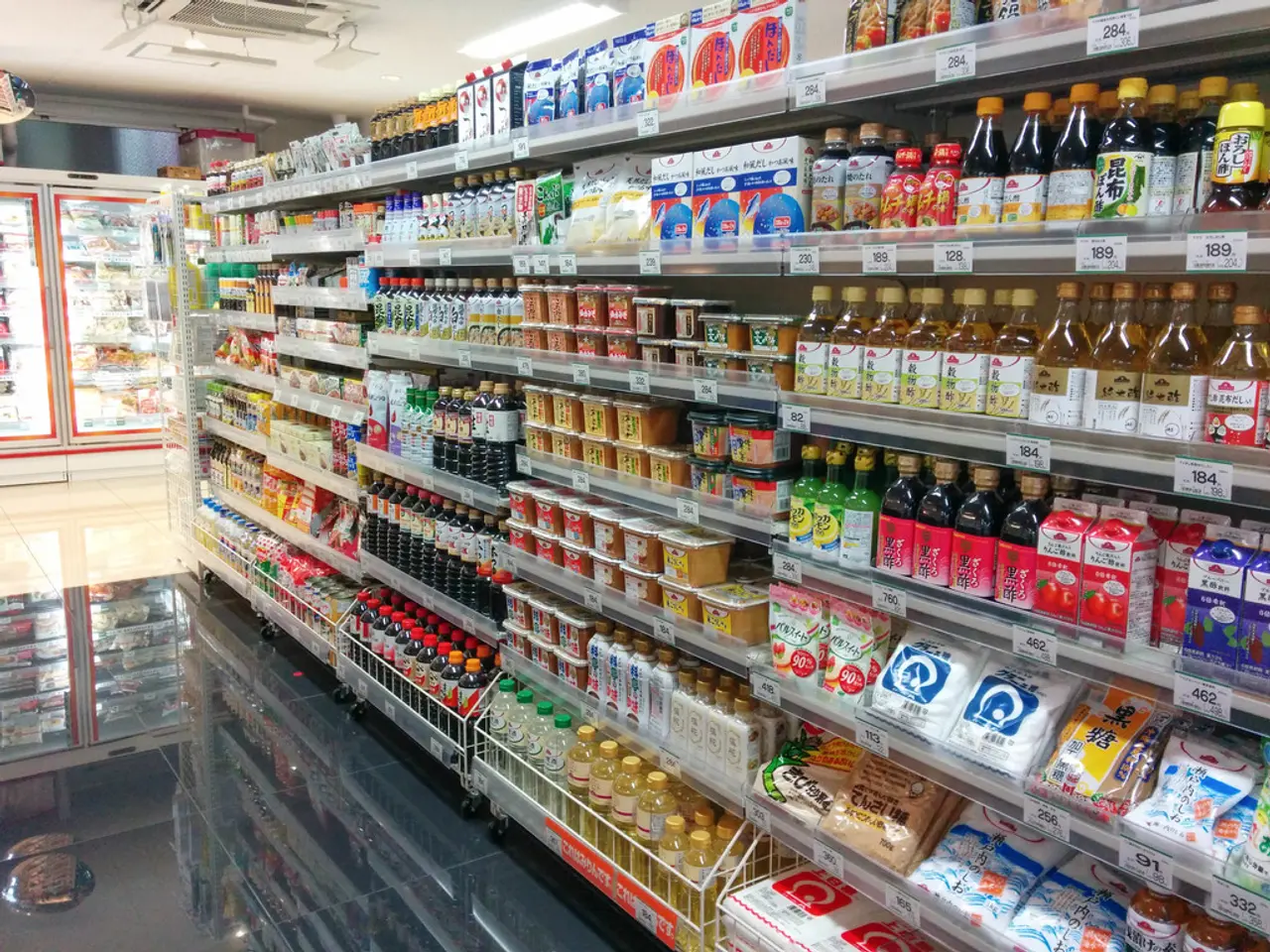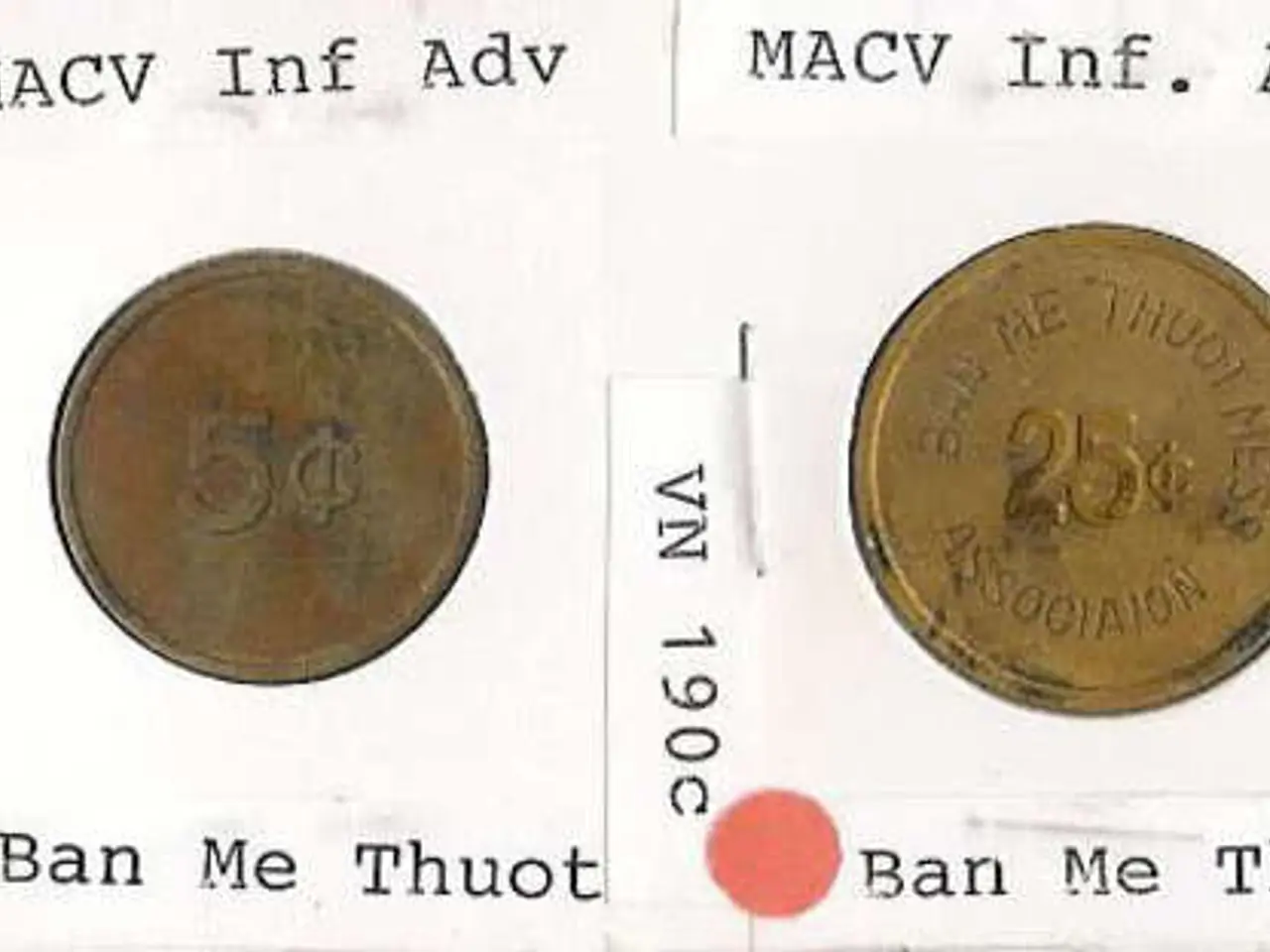Israel's Leading Technology Giants, Ranked
Israel, renowned for its innovative tech scene, is making strides in supporting tech companies founded by Israeli entrepreneurs on a global scale. The Israeli government's investment strategy focuses on early-stage, high-risk tech ventures through state-backed incubator programs and attracting strategic international partners.
One of the key elements of this strategy is the Israel Innovation Authority, which is launching a competitive proceeding to establish up to three new technological incubators. These incubators, receiving substantial state support, will invest in startups from ideation through Series A funding stages, providing early-stage funding to startups considered too risky for private investment alone.
The selected incubators are expected not only to fund and nurture startups but also to attract strategic partners from Israel and abroad. This influx of capital and connectivity for Israeli startups internationally is crucial for their growth and integration into global tech ecosystems.
Beyond direct government-backed programs, leading global tech companies with Israeli ties, like Google, play a significant role in investing in Israeli-founded startups overseas. Google’s AI-First Accelerator and capital investments totaling tens of millions of dollars are examples of such initiatives. Investments in Israeli cybersecurity firms such as Ocra Security and Cybereason highlight international funding partnerships supporting Israeli tech ventures beyond Israel's borders.
The government’s strategy also leverages partnerships and funding frameworks that support startups in sectors of high strategic and economic importance, often including technologies that may later have defense applications. This connection between state support, advanced tech innovation, and military interests is a notable aspect of Israel's tech growth strategy.
Some of the Israeli tech companies thriving under this strategy include Rapid7, a multinational cybersecurity company providing organizations with predictive and responsive solutions to help them defend against cyber attacks. Another is Lusha, a software company that powers data-informed B2B sales operations, offering an AI-enabled platform featuring tools that allow users to efficiently identify quality leads and access accurate contact details.
In the realm of cybersecurity, Riskified provides security solutions to prevent payment fraud and is popular with e-commerce customers. Coro's cybersecurity platform offers 14 modules that provide businesses with digital protections, including mobile device management capabilities for remote data wiping and cloud security measures designed to block suspected bot attacks.
Snyk detects and diagnoses vulnerabilities in custom code and cloud infrastructure, while ThousandEyes offers an AI-enabled platform for issue detection, remediation, and optimization for every connected experience, providing solutions like app monitoring capabilities to prevent and address issues that could negatively affect the customer digital experience.
In the world of productivity software, monday.com is a cloud-based platform that enables clients to create modular dashboards to track everything from marketing spend to tasks and sales opportunities. HoneyBook's platform provides independent businesses with tools for efficiently handling responsibilities like creating invoices and scheduling client meetings. Navan specializes in corporate travel and expense software, offering tools for booking trips, streamlining reimbursements, and managing employee spending in real time.
The Israeli tech sector also boasts companies in other domains. Healthee makes an AI-powered app for businesses to provide their employees with health benefits information. Mobileye develops software and hardware products for self-driving vehicles, offering solutions from purpose-built SoC semiconductors to lidar sensors and cloud-based software to anticipate collisions.
Grubhub operates a food-ordering and delivery marketplace powered by thousands of drivers, featuring storefronts from restaurants, grocery stores, and local merchants, allowing consumers to get food delivered directly from a wide array of options. Snap Inc. develops and maintains products and services like Snapchat, Spectacles, and Bitmoji.
Rapyd provides payment solutions through its Fintech-as-a-Service platform and supports multicurrency and digital wallet payments. SciPlay, the social games division of Light & Wonder, produces free-to-play games like Quick Hit Slots and 88 Fortunes. Duda, Inc. is a web building platform provider that offers AI-powered tools and solutions for agencies, SaaS companies, and hosting services.
DRW is a diversified trading firm that offers a combination of technology and expertise to support liquidity across various asset classes and global markets. It seeks research and engineering talent in Tel Aviv. Bringg equips enterprises with delivery management tools for unifying last-mile delivery, fulfillment, and returns, aiming to help businesses grow their delivery capacity while lowering costs and providing branded customer experiences.
Lastly, eToro is an investment platform with social features that enables retail traders to buy and sell cryptocurrencies, stocks, and ETFs. It also allows users to mimic trades from top investors on the eToro app to help them lock in high returns.
Google, with offices in Haifa and Tel Aviv, is one of the most well-known tech companies in the world, known for its search engine and other projects like Gemini, a generative AI platform. SciPlay has a studio in Ramat Gan and houses adtech, research and development, innovation, marketing, and data science teams.
This strategic approach by the Israeli government, combining state-financed incubators providing direct funding and infrastructure, encouraging international partnerships and investments, and engaging with global tech corporations, is boosting the overseas growth and global integration of tech companies founded by Israelis.
The Israel Innovation Authority's strategy involves launching technological incubators that will invest in startups from the ideation stage through Series A funding, aiming to attract strategic partners both locally and internationally for the growth and integration of Israeli tech companies into global tech ecosystems. Google, a leading global tech company with Israeli ties, has made significant investments in Israeli-founded startups overseas, such as Ocra Security and Cybereason, showcasing international funding partnerships supporting Israeli tech ventures beyond Israel's borders.




